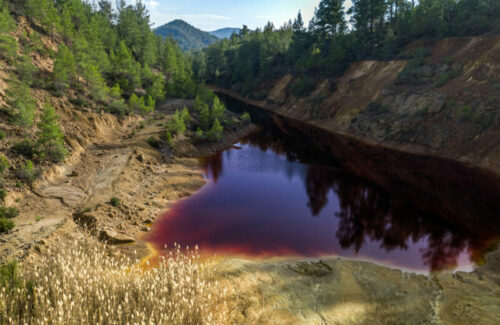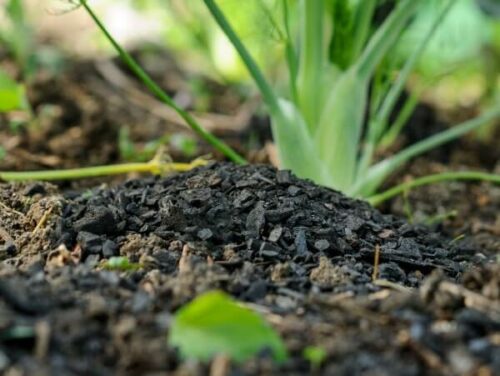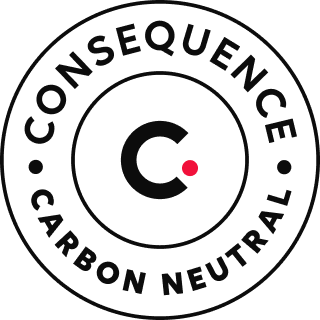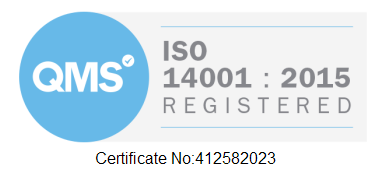Biochar’s naturally high surface area is a useful instrument for land and water clean-up if utilised correctly. It can be used in decontamination and soil remediation in areas such as mines, military bases, and landfill sites, as well as water courses, such as lakes, ponds and rivers, as well as aquariums.
Using Biochar as a Soil Additive for Remediation
Biochar can aid in the restoration of plants and wildlife by adsorbing pollutants from the soil, allowing damaged ecosystems to recover. However, the kind of biochar you use and how much you use are important considerations. Biochar’s capacity to retain heavy metals is based on the cation exchange capacity that exists within the porous structure of the biochar. The negative charge within the biochar interacts with the positively charged metals and keeps them trapped inside the biochar, not leaking back into water or soil.
Cleaning water using biochar
Biochar can also be utilised in many ways to clean and improve water quality.
- Barrier for preventing pesticides from getting into surface water through the building of raised banks up to 50cm high made from biochar.
- As an alternative to activated charcoal in a biofilter for large scale aquariums and ponds. Removing excess nitrogen and phosphorous which causes large algae blooms and in turn reduce water oxygen levels (Eutrophication). Biofilters using biochar can capture the excess nutrients prior to the bloom occurring and then can even be used as a soil improver when they have completed their lifecycle and are being replaced.
- Closed loop solution for excess fertiliser run off into water courses
Finding the proper balance is critical to ensuring that any remediation using biochar is done safely and successfully. For pure remediation purposes, biochar can be added at higher concentrations (up to 50%) whereas for plant growth then only 10% would be beneficial.
There are a few things to keep in mind when using biochar for land remediation. First, the type of biochar you use matters. Different types of biochar have different adsorption capacities, so it’s important to choose a type that will be effective for the contaminants you’re trying to remove. Second, the amount of biochar you use also matters. Too little biochar will not be effective at adsorbing contaminants, while too much biochar can cause environmental problems of its own. It’s important to find the right balance to ensure that land remediation is done safely and effectively.
Carbon Gold can help! Contact us or telephone us on 0117 2440032 to discuss your requirements further.












